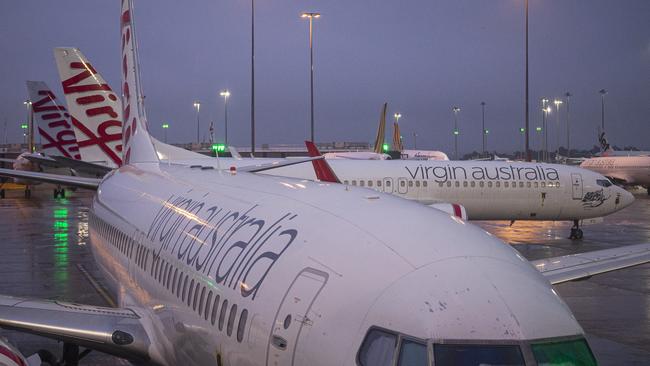Take a bet on debt in turbulent times

Never has the risk of relying on dividends been more apparent than during these COVID times, in which we have seen these dividend cuts and deferrals.
For the right investors, illiquid assets and related investments in the area of debt have been positive investments in reducing volatility and risk. Yes, some of these investments have seen small revaluations downwards; however, for the most part there have been several with positive revaluations through the past two quarters.
Looking more broadly, I believe there will be an increased focus on debt funds, distressed debt and restructuring funds as asset turnover increases. At the same time, there will be opportunistic investments that will be positive for returns.
How do investors look to gain exposure to these parts of the diversified credit asset class? There are two key entry points.
● Corporate bond funds: In many cases these funds would have hundreds of positions investing in corporate bonds, providing the fund manager with diversification. When we look at purer corporate bond funds we look at funds that will invest only in investment-grade credit.
However, there are some funds that are accessible and include sub-investment grade credit exposure.
On the risk side, the recent Virgin Australia restructuring is a reminder of the dangers of holding single corporate bonds. Bond or corporate bond funds are a better way to gain exposure to this asset class and ensure that the investor gains the spread in the portfolio to mitigate the risks.
● Distressed debt funds: These are unlisted and generally illiquid, opportunistic strategies. They are focused on taking an active role in the financial restructuring of over-leveraged or distressed companies by investing primarily in stressed and distressed corporate loans and bonds.
Businesses that are affected are generally stable and well managed but the COVID “off switch” brought their operations to a halt; perhaps they also suffered from being over-leveraged.
In these cases, distressed debt investing provides the opportunity for investors to benefit from the excessively negative sentiment associated with cyclical downturns, where large numbers of companies become bankrupt or are considered likely to become so.
Funds in this asset class tend to be for sophisticated investors only and those with the correct risk profile. Howard Mark’s Oaktree Capital Management, a leading global alternative investment management firm with expertise in credit strategies, is such an example. It is in the market raising funds as it was after the global financial crisis. In other words it is not wasting a crisis.
Will Hamilton is the managing partner of Hamilton Wealth Partners, a Melbourne-based wealth manager.
will.hamilton@hamiltonwealth.com.au



